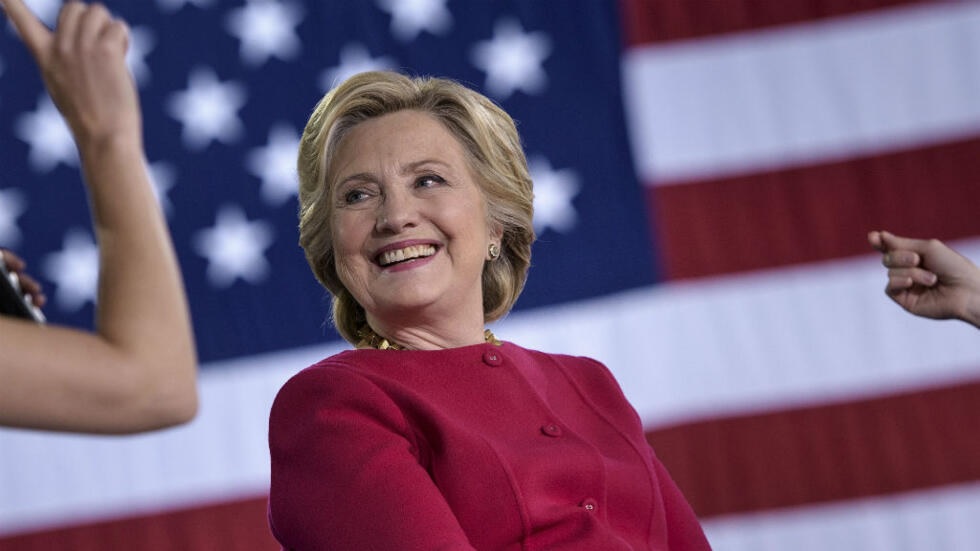
Fact check: Did Clinton call for jail over misinformation?
Viral social media posts have claimed that Hillary Clinton advocated for jailing Americans for spreading "misinformation," raising concerns about freedom of speech. This claim surfaced amidst the ongoing presidential race, where accusations of misinformation are prevalent from both major political parties.
In a recent interview on MSNBC, Clinton discussed the issue of misinformation and suggested that individuals who are paid to spread Russian propaganda could face civil or criminal charges. However, she did not call for the imprisonment of all individuals who post erroneous content, contrary to claims made by some social media accounts.
Clinton referenced U.S. special counsel Robert Mueller's indictment of 13 Russians for alleged interference in the 2016 presidential election and argued that holding Americans accountable for promoting Kremlin narratives could serve as a deterrent. Critics, including Republican congressman
Globally, many nations, including the U.S., place limitations on free speech when it intersects with other constitutional rights, such as public safety. The International Covenant on Civil and Political Rights allows for restrictions on hate speech and other harmful expressions. A trial in Florida involving individuals accused of acting as unregistered Russian agents may further clarify the legal implications of promoting foreign propaganda.
Stichworte







